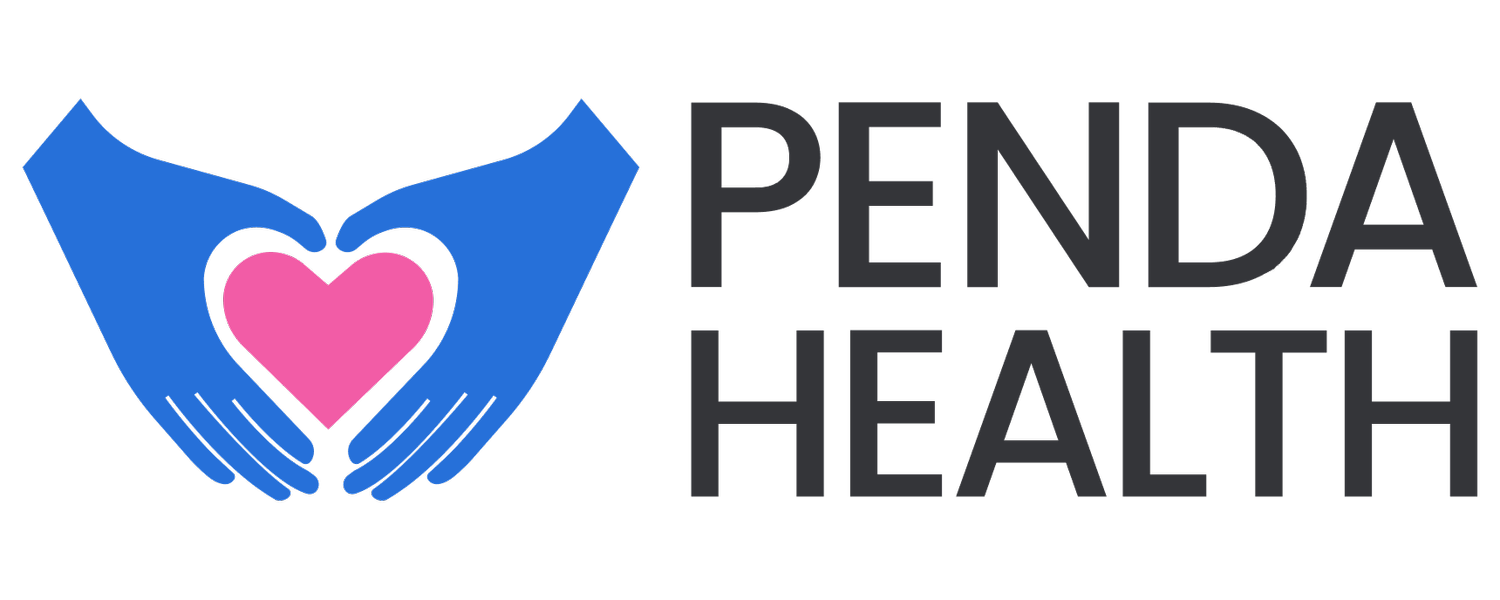How do you manage a chronic illness?
What are chronic illnesses?
They are long lasting conditions that can be controlled but not cured. These diseases are also known as non-communicable diseases (NCDs) and can include diseases such as diabetes, hypertension and some types of cancer.
Why should we care about these illnesses?
While often lifelong, these illnesses can be very deadly. In Kenya, over half of hospital deaths are already caused by NCDs. Two out of three of these deaths occur prematurely, affecting Kenyans at the height of their productive years (Kenya Stepwise Survey for Noncommunicable Diseases Risk Factors 2015 Report). And according to Ampath Healthcare, in Sub-Saharan Africa, deaths related to chronic illnesses are expected to double by 2030 and become the leading cause of death. This is a growing problem around the continent.
If you have an illness, what should you do?
While scary at first, getting diagnosed with an NCD is not a death sentence. With proper management, you can live a long life. So what should you do?
Learn about your illness.
When diagnosed, it is important to empower yourself by learning about your illness. You can ask for information from your medical provider to receive lifestyle tips, and they can direct you to verified resources that can help you become fully educated about the way forward.
Get in tune with your body.
Being in tune with your body means that you are able to notice and report any changes in your health before these changes become serious. While monitoring important signs such as your weight, heart rate, breathing rate and even blood pressure may seem costly due to the investment made in the equipment, it can prevent you from visiting the hospital when these signs become serious or life-threatening.
Invest in your health.
Investing in your body by making healthy lifestyle choices is also important. Here are some easy tips to follow:
Reduce your usage of alcohol and tobacco.
Eat healthy foods, mostly plant-based, that provide you with all your essential nutrients.
Maintain the recommended weight for your height.
Exercise!
Take your prescribed medication as recommended by your medical provider.
Care for your mental health.
Your mental health is just as important as your physical health. If you’re feeling the onset of dark moods or depression, it’s going to be tougher to stay on track with your health plan. Ask your medical provider for advice and recommendations for professional help when indicated. Seek support from your friends and family.
You are not alone!
Get your family members to join you in your journey by encouraging them to make healthy life investments too. And as always, our team at Penda is on this journey with you. Our trained medical professionals provide healthcare you can trust and guide you as you navigate your illness.
Pigia Penda today on 0207909045 to speak to a medical provider for more information on how to manage any existing conditions you may have.


